
Keeping skills alive in transfer to Reserve Force
05 July 2024
Unfortunately you are viewing this website on an outdated browser which does not support the necessary features for us to provide an adequate experience. Please switch to a modern browser such as latest version of Google Chrome, Mozilla Firefox, Apple Safari or Microsoft Edge.
Ngā mihi nui
Ensign Shay Tahana was one of the New Zealand Defence Force performers at Te Kōnohete, the Public Sector kapa haka festival. This year marked the 20th anniversary of the festival, which took place in Wellington.
The festival has been an annual fixture for the New Zealand Defence Force for many years, celebrating waiata, tikanga and Te Reo Māori. The New Zealand Defence Force rōpū is made up of serving members, civilian employees and whānau from across the services and motu.
For Ensign Tahana, it was her first Te Kōnohete: “What sets this rōpū apart is that we came together from all over Aotearoa. I love seeing the kotahitanga, when we come together to create something beautiful.”
Ensign Tahana who is of Ngāti Pikiao, Ngāti Maniapoto and Kāi Tahu descent, joined the Royal New Zealand Navy in 2022 following a year at Auckland University and is now a Maritime Logistics Officer.
About her time at NZDF, she says: “Ehara taku toa I te toa takitahi, engari he toa takitini, Success is not the work of an individual, but the work of many. A whakatauki that depicts the importance of kotahitanga, especially in the NZDF. On base I love to be involved in all kaupapa Māori such as Te reo Heremana, Wednesday haka practice and our Rūnanga hui. There are countless opportunities for defence members and their whānau to be involved. To me, it is important that we uphold our Māoritanga. The effort that the NZDF makes to uphold biculturalism is evident through the countless opportunities that are provided to us.”
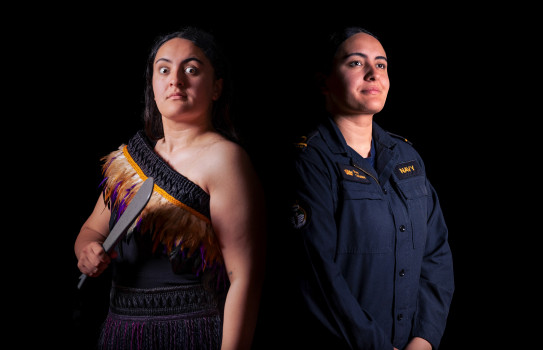
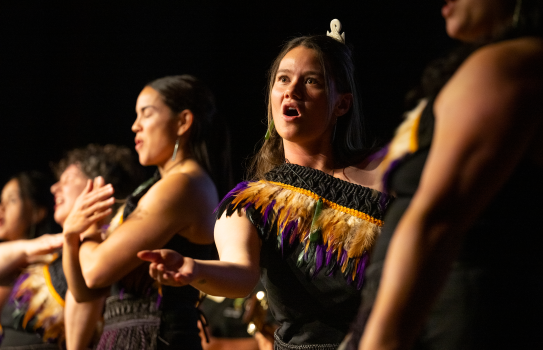
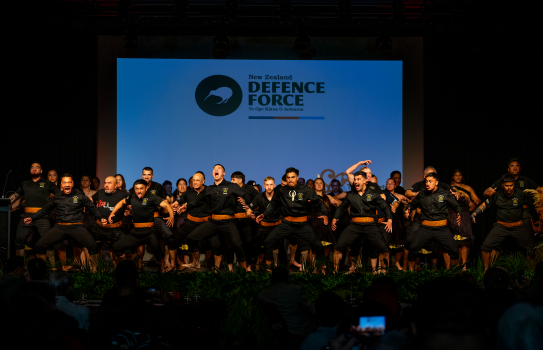
Her favourite part of the NZDF bracket at Te Kōnohete was the whakaeke (entrance song). Ensign Tahana co-created the movements together with other wāhine. During practice she said: “it’s awesome to see how wāhine who are confident in the kupu are becoming confident in the actions and movements.”
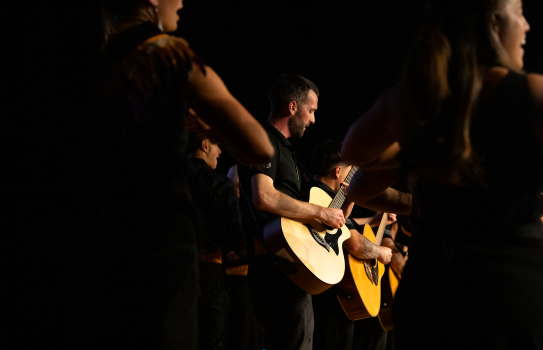
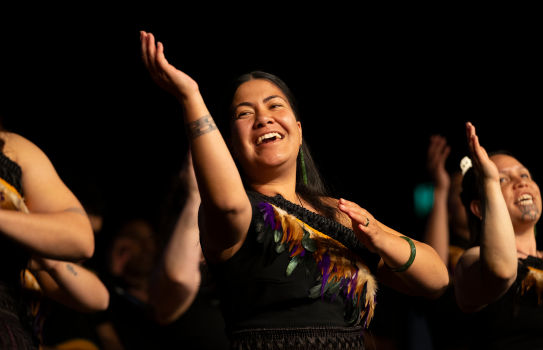
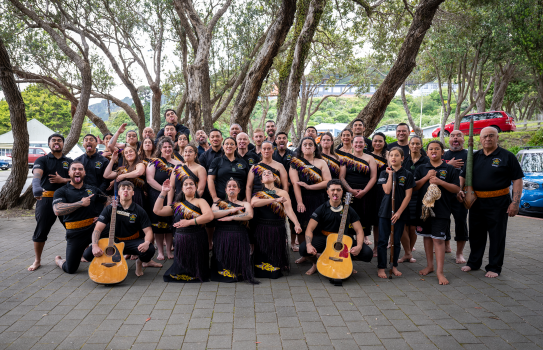
Another highlight of the bracket was the performance of the waiata Tomo Mai. The waiata was composed in 1946 to welcome home the survivors of the 28th Māori Battalion. With their performance, the rōpū acknowledges both the New Zealand Māori Contingent and the Pioneer Battalion who fought in the First World War and the 28th Māori Battalion who fought during the Second World War, in recognition of their recent Battle Honours. Tomo mai also acknowledges the passing of the late Tā Bom Gillies. Moe mai rā e matua.
“Of course the performance ended with stamping our authority by doing the NZDF Haka.”